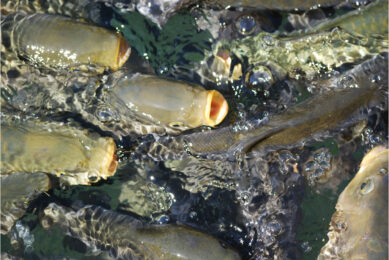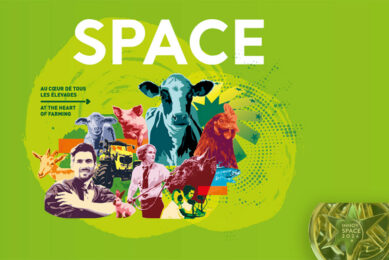Fish industry no longer relies on fish meal

The world’s farmed fish industry no longer relies entirely on fish meal to feed its most valuable products such as salmon and trout, a University of Idaho aquaculture expert has told a scientific conference.
Fish meal prices
During the American Association for the Advancement of Science annual meeting in San Francisco about advances in sustainable seafood production, Hardy spoke about advances in reducing fish farming’s reliance on fish meal and fish oil. He said prices surged from the $700-a-ton high he’d seen during his 30-year career to a crest of $1,400 a ton in 2006. “High prices for fish meal are here to stay, making alternatives such as soy protein concentrate and wheat gluten affordable alternatives,” Hardy said. In addition, higher prices for fish meal will stimulate innovative approaches to recovering protein from seafood processing by-products, much of which is currently discarded.
Alternatives for fish meal
Supplying 45% of the world’s fish supply in 2006, aquaculture must find ways to grow beyond fish meal and oil supplies to feed a growing population’s appetite, he added. Decades of research have shown that proteins derived from grains such as corn, wheat and barley can provide the protein-rich ingredients needed in feeds for farmed salmon and trout. Growing ethanol production, particularly the use of corn to make the alcohol-based fuel, could be a boon to some types of fish farming.
Photo: Nutreco











